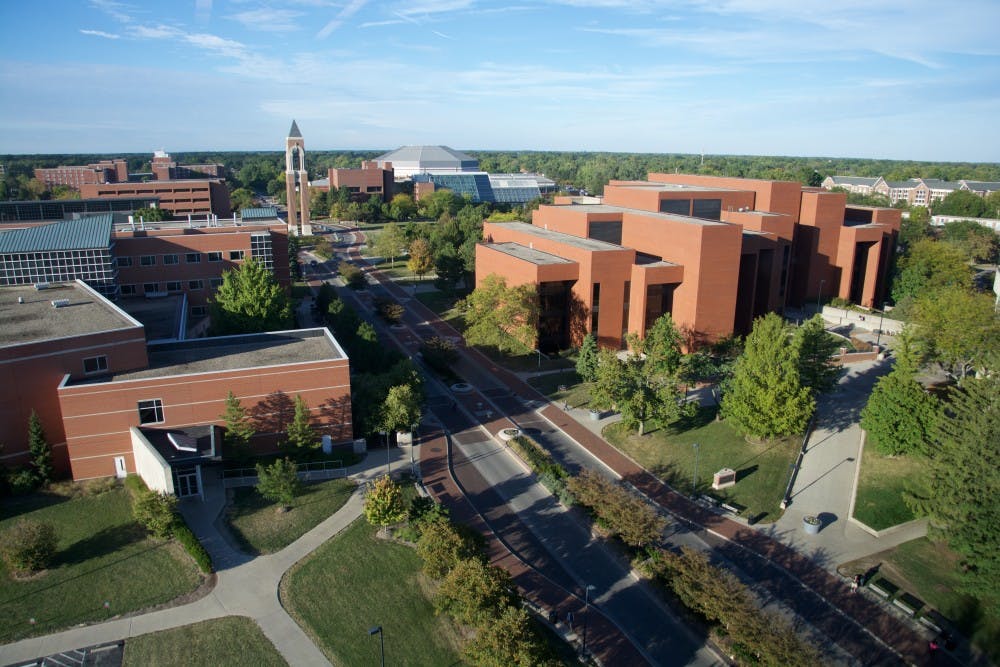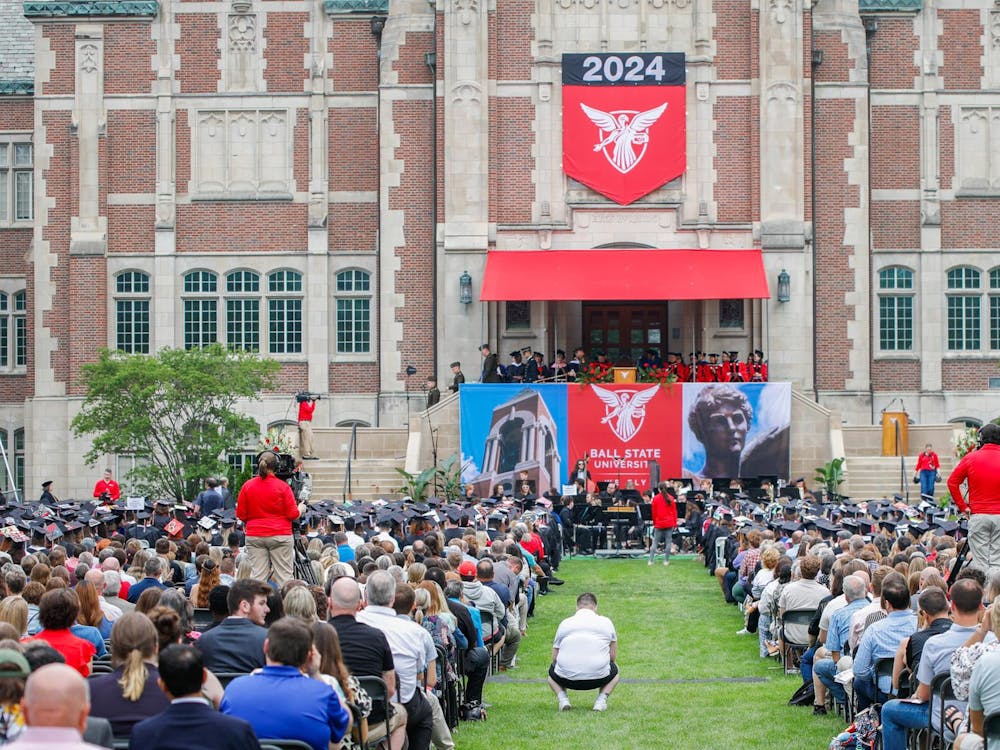From new trustees to a controversial grant, here are eight important events that occurred between former President Paul W. Ferguson's resignation and the announcement of new President Geoffrey S. Mearns.
New health professions building
The health professions building, confirmed Dec. 16 by the Board of Trustees, will house the new College of Health. It will be built at the southeast corner of Riverside Avenue and Martin Street along the upcoming East Mall.
The late provost Morris died unexpectedly Nov. 28 after being hospitalized for blood poisoning. He acted as the chief academic officer and was the vice president of academic affairs.
Accidental email violates FERPA laws
Students with a GPA below 2.0 were supposed to receive an email informing them of their academic status. Instead, some received a spreadsheet on Jan. 10 with the names of 59 students who are on academic probation, violating FERPA privacy laws.
In a period of six months, police caught and arrested four men for having child porn on campus.
The four caught were Brian Siebenaler, a math instructor, Randal Ray Schmidt, a maintenance supervisor, Robert Yadon, a professor of Information and Communication Studies, and Brian Koby, the former fencing club coach.
Board of trustees resignations and hires
With the resignation of Ferguson came the resignation of two trustees, Frank Hancock and Marianne Glick. Their subsequent hires, Michael D. McDaniel and Jean Ann Harcourt, followed as replacements. Trustee Hollis E. Hughes Jr. announced his retirement in December, and Brian A. Gallagher was appointed by former Gov. Mike Pence in January.
Ferguson was hired in June at Biola University, a private Christian school in California, to serve as the founding dean of its School of Science, Technology and Health.
New John A. Schnatter Institute for Entrepreneurship and Free Enterprise
Chief entrepreneurial officer Michael Goldsby spoke on March 30 about the John A. Schnatter Institute for Entrepreneurship and Free Enterprise, made possible by a joint grant from Schnater and the Charles Koch Foundation.
According to the grant agreement, $2.17 million of the grant was donated by Schnatter and $1.08 million was from the Charles Koch Foundation, which raised concerns about potential outside political influence.





